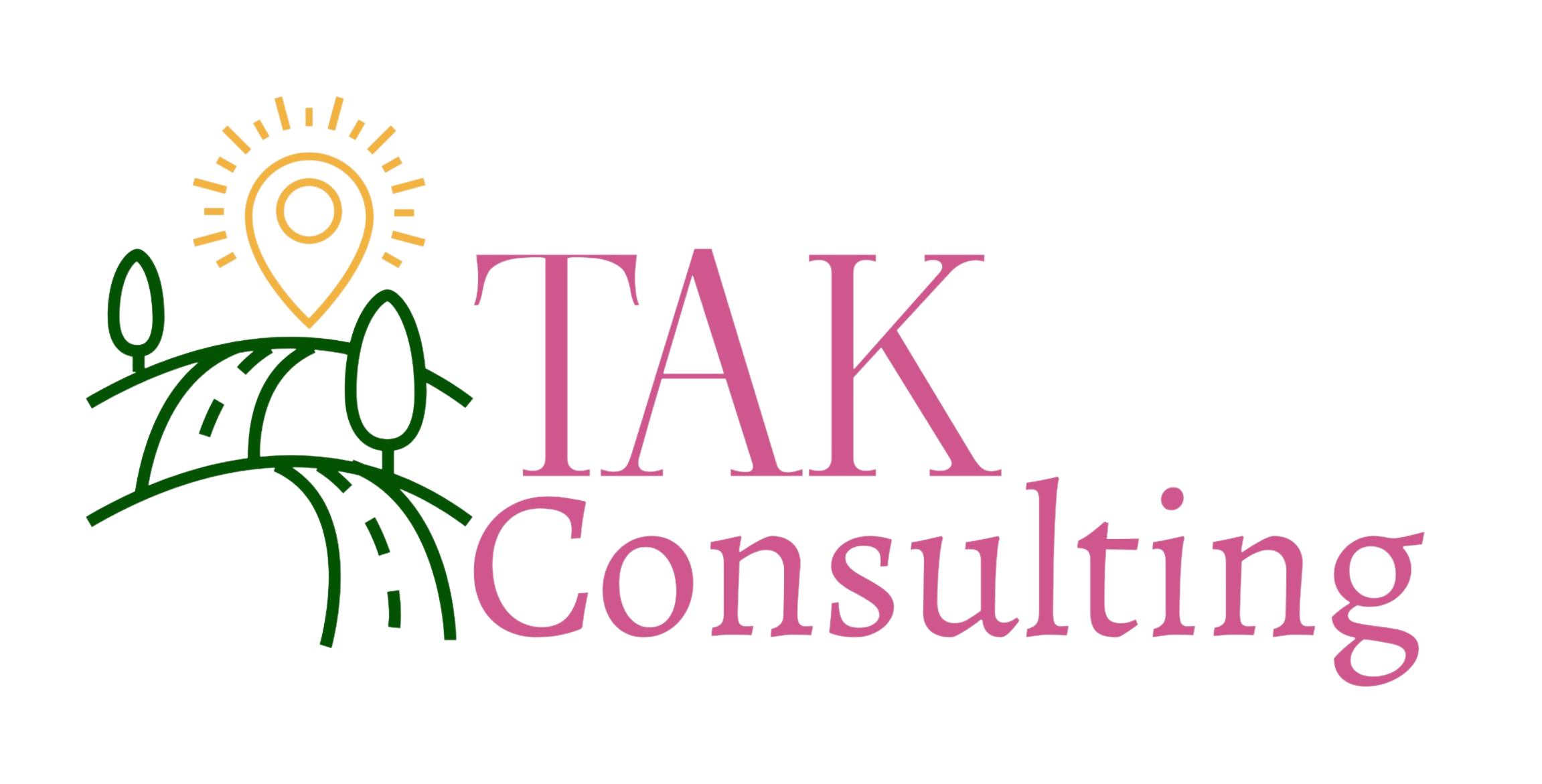When you decide to open a new business, you may not think it is important to create a separation between yourself and the business. Although that may seem easier to start with, longterm, it can actually hinder you, and even be damaging to your personal life. There are many reasons to separate your business and personal finances and it does not have to be difficult to do!
Why it’s Crucial to Separate Your Finances
Separating your business financials from personal has one encompassing importance: a clear understanding of your business. This clarity has many benefits. For one, bookkeeping becomes easier for everyone. The separation of accounts means you don’t have to sift through each transaction to see if it’s business related or not. Thus, saving time on monthly bookkeeping, allowing you to see deductible business expenses, and having more refined reports on your cash flow, budget, and more! Another way having different accounts is beneficial is that it protects your personal assets. If anything were to happen to the company, having intertwined accounts can mean loss of these personal assets as there was no distinction in the beginning. Next, taxes can be time-consuming, stressful, and even confusing for some. By having distinct accounts, it makes tax season a little more effortless and even reduces your risk of filing something incorrectly, or triggering an audit. Finally, having independence as a business can build credibility and show professionalism. This is because some individuals, and even financial institutions, may find business names to be more trustworthy over personal names. Also, by allowing it to run on “its own,” this can show confidence in your company, and gain further trust.
Where Do I Begin to Do This?
Once you have decided to start the process of establishing your business as its own entity, it may be hard to know where to begin. A good place to get the ball rolling is connecting with a CPA (certified public accountant). CPAs can guide you in what the best type of business set-up (think LLC, etc.) is for your needs (and wants) and ensure your personal finances remain segregated. If a CPA is currently out of the question, as they can be quite expensive, consider speaking to other business owners and where they started as well as researching the different types of business structures. (Feel free to check out this link to decide on what business structure will work for you.) Next, it’s time to create an EIN for your business. EIN stands for “employer identification number” and works similarly to a social security number. You can do this through the IRS’s website or your CPA can do it for you. After this, you’re going to open a bank account solely for your business. Spend time researching what the best bank is for your needs and what type of account will benefit you the most. Furthermore, don’t forget to apply for any credit cards you need and make sure that anyone in the business who may need to use company money has a business card/account as well. Additionally, it may be likely that you will use personal funds to kick off this account. If you are working with a CPA, you’ll want to ensure these transfers are clear and coded correctly for your business. Finally, choose an accounting software that works for your company. There are many different types of accounting software to choose from but it is crucial to pick one to keep your business books clean. Spend time looking up what would work for you and what needs you require for your business. Alternatively, hiring a CPA, or even other accountants/bookkeeping professionals, can aid you by cleaning up your books every month and then regularly reviewing them so you have a greater understanding of where your financials stand. Moreover, keep track of your receipts! While this can be quite tedious, receipts prove that the money you spent is correctly coded, and for some expenses, guarantees the tax write-off for X category is true. Making this habit from the start can make any audit run more smoothly if that were to happen. What’s more is that some software, like QuickBooks Online, allows you to upload receipts from your mobile device. So, again, choose business software that works for you. Once all these steps are taken, you are ready to move forward to start the journey of transforming your (small?) business!
Separation is Very Beneficial!
Overall, maintaining different accounts is vital to the longevity of your business, can help your business grow, save you from difficulty in the future, and isn’t overly complicated to begin with!



